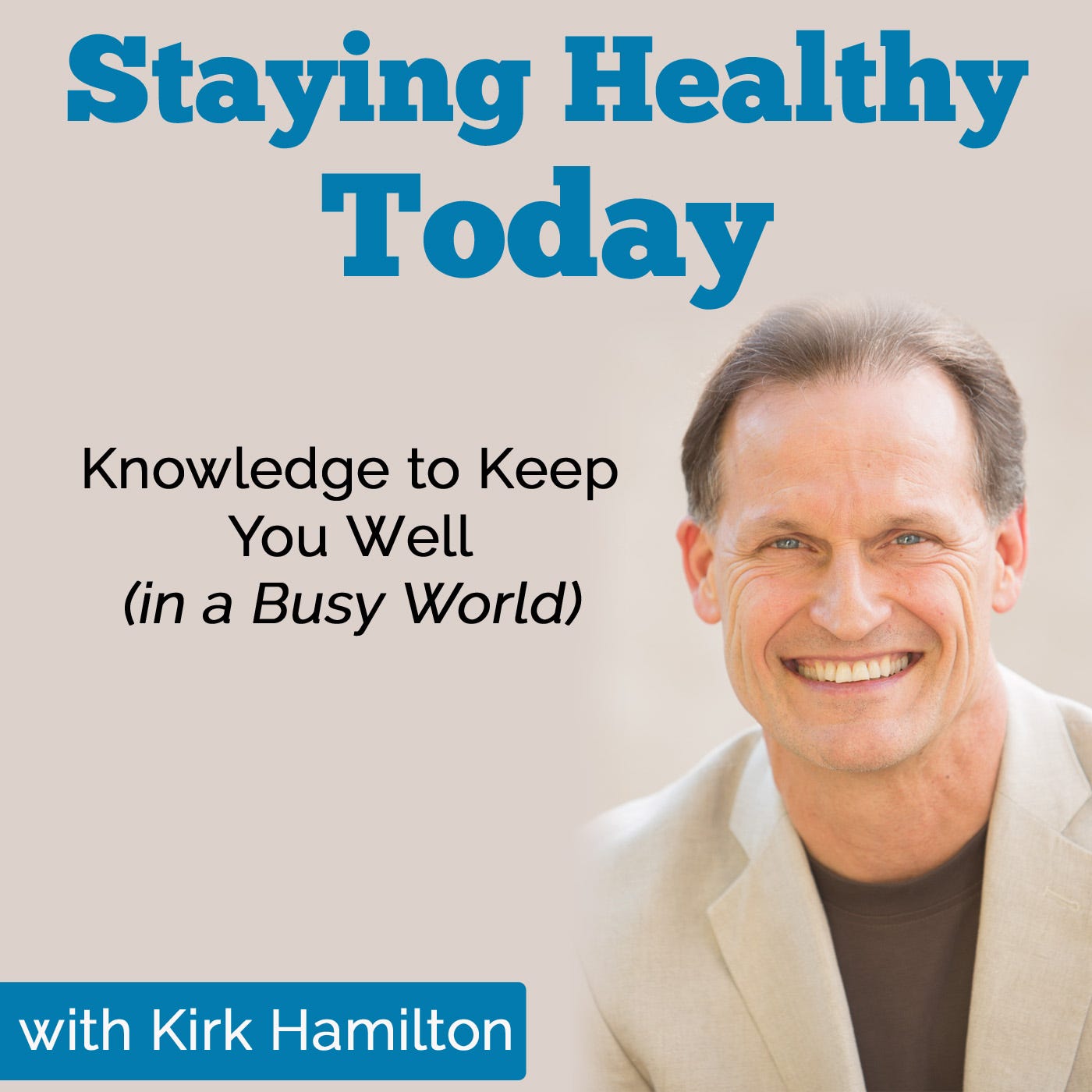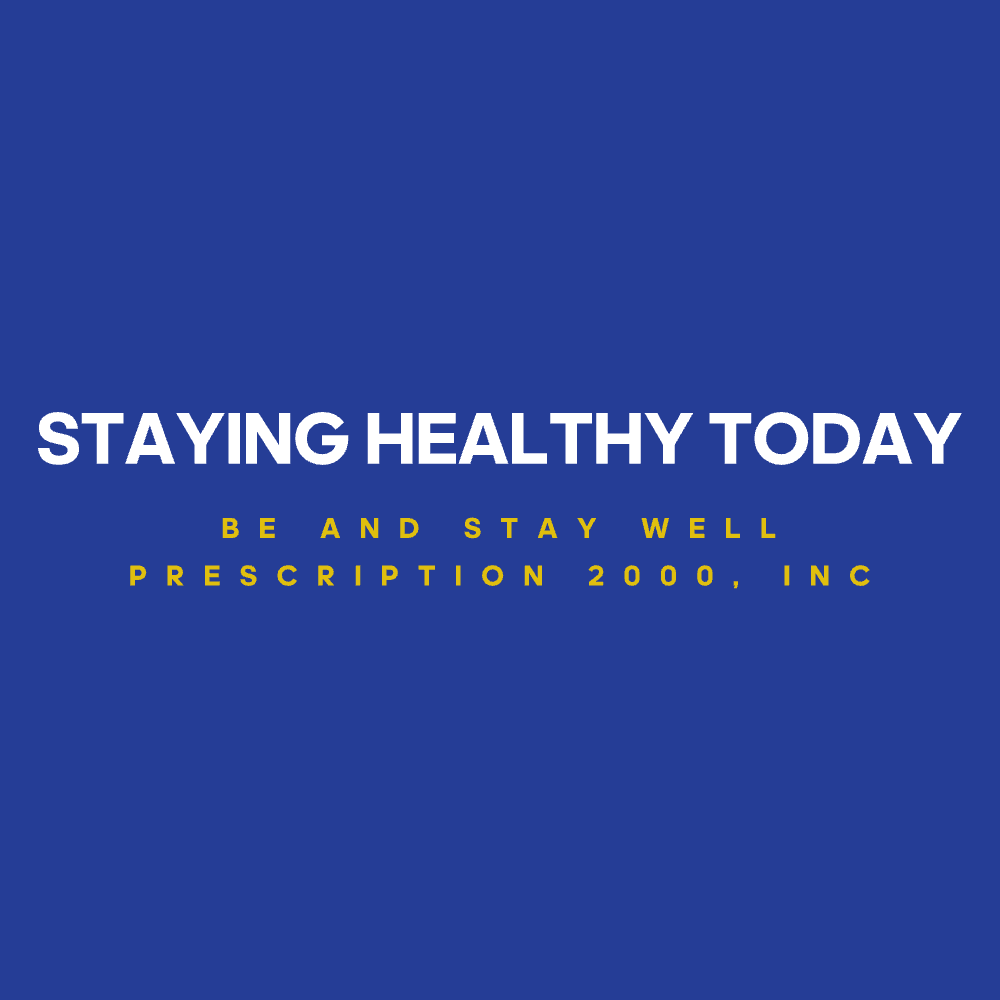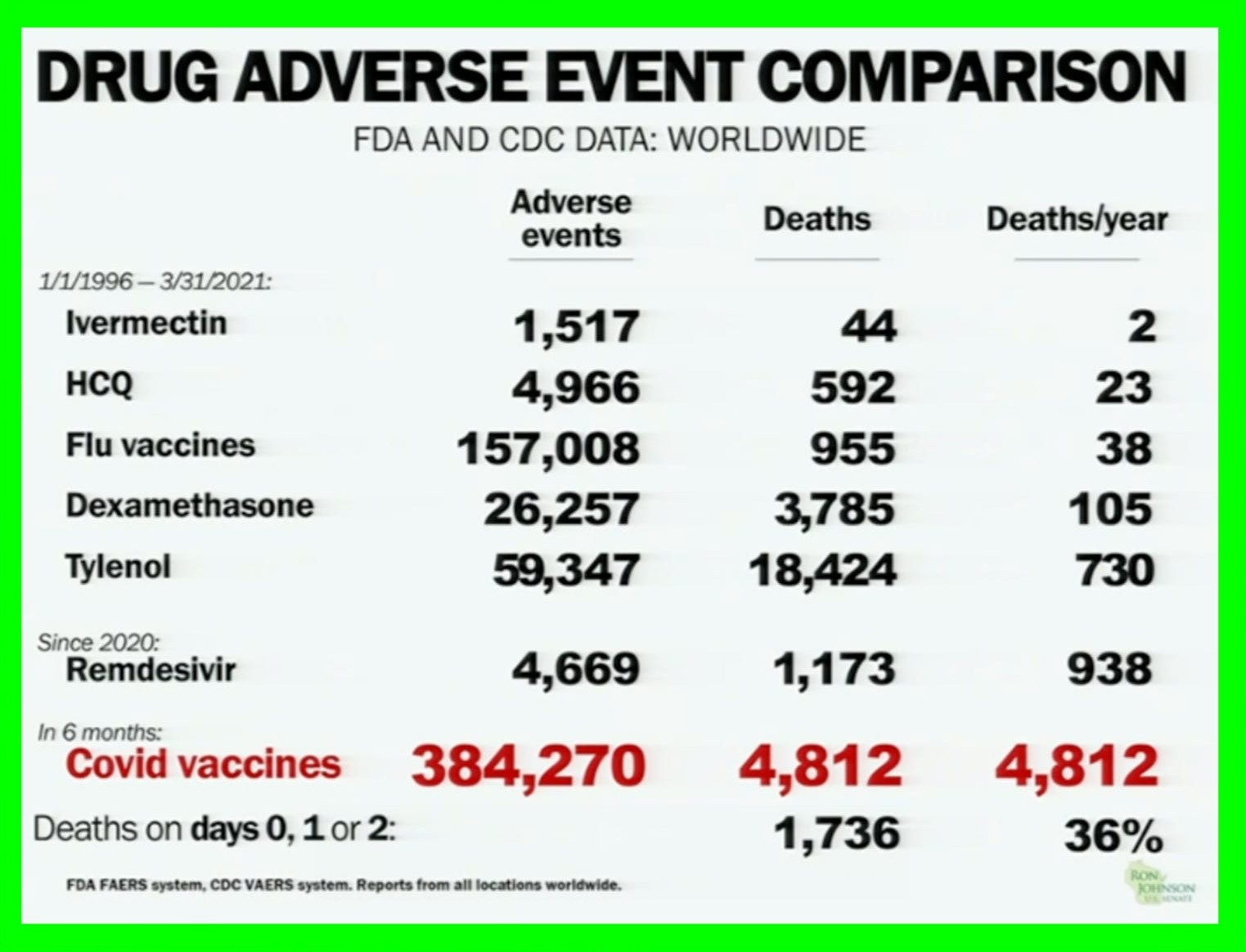Did The Covid Vaccine Increase Mortality from All Causes Compared to Those Not Vaccinated Between April 21 and May 2023? An Interview with Jarle Aarstad, PhD...
Description
Did The Covid Vaccine Increase Mortality from All Causes Compared to Those Not Vaccinated Between April 21 and May 2023 An Interview With Jarle Aarstad, PhD
Jarle Aarstad, PhDWestern Norway University of Applied SciencesBergen, Norwayjarle.aarstad@hvl.no(8/2025)
“Mortality involving and not involving COVID-19 among vaccinated vs. unvaccinated in England between Apr 21 and May 23.” F1000Research 2025, 14:13 3. (article accessed here) PDF AbstractPreviously titled: “The temporal protection and declining health of the COVID-19 vaccinated in England: A 26-month comparison of the mortality involving and not involving COVID-19 among vaccinated vs. unvaccinated.”
Kirk Hamilton: Can you please share with me your educational background and current position?
Jarle Aarstad: I am an economist with a PhD in business administration from the NHH Norwegian School of Economics. Now I am a full professor at Western Norway University of Applied Sciences, formally in innovation and entrepreneurship, with numerous publications, including in leading journals. Mostly, I use quantitative methodologies. Over the past few years, my research focus has shifted towards topics related to COVID-19 and vaccination, utilizing similar quantitative approaches.
KH: What got you interested in studying the mortality difference between the Covid vaccinated and non-vaccinated during the time period of April 2021 to May 2023?
JA: I had conducted country-level studies on vaccination and excess mortality, and I was interested in examining whether person-level data publicly available aligned with my previous research findings. Apr 21 to May 23 is the whole period for which the data are publicly available. If the period were extended, of course, I would include them in my study – the more data, the better. Having said that, the period available gives a fairly good insight into what happened in the aftermath of the vaccine rollout.
KH: Can you tell us about your study and the basic results?
JA: The study compared monthly mortality rates among vaccinated and unvaccinated individuals aged 10 years and older in England during the specified period. In my study, vaccinated individuals were those who had received at least one dose. The data provided is age-standardized, meaning that different age distributions among vaccinated and unvaccinated individuals are accounted for. However, observing differences in mortality may nonetheless be attributed to vaccine hesitancy, which raises concerns. That is, those not taking the vaccine may likely have inferior health at the outset, which can complicate isolating a genuine vaccine effect. To address the issue, I decided to compare all-cause mortality and mortality excluding COVID-19. (access article and figures here) Figure 1A particularly at the beginning of the period shows relatively high mortality among unvaccinated, but as the pattern is similar in Figure 1B concerning mortality not involving COVID-19, a large chunk of the difference can be attributed to unvaccinated having inferior health at the outside (the basic argument in that the vaccine cannot prevent mortality not involving COVID-19). Having said that, comparing the results from those figures, Figure 2A shows that the all-cause mortality, i.e., mortality including COVID-19 (between unvaccinated vs. vaccinated) was higher than mortality not involving COVID-19 (between unvaccinated vs. vaccinated) between July 21 and Jan 22 (the green vs. the orange plot). Having said that, there is a steady decrease in mortality among the unvaccinated compared to the vaccinated (best illustrated in Figure 3), or in other words, a steady increase in mortality among the vaccinated compared to the unvaccinated. I cannot find another explanation than the vaccine inducing a long-term increase in mortality. Together, the vaccines may have limited the relative increase in mortality among vaccinated individuals for a short period, but the overall trend points in a negative direction.
KH: Did you expect to see a reduction in mortality from Covid initially in the Covid vaccinated group?
JA: According to other research, which claims a temporal protective effect, yes. Nation-level analyses I have done show similar trends during the same period (but I have started doubting my previous conclusions, which is a topic for a study I am currently working on).
KH: Can you explain why difference in mortality might have not been do to the Covid vaccine protection but the poorer initial health of the non-vaccinated?
JA: As Figure 1B excludes mortality related to COVID-19, the only reason for the difference, particularly at the beginning of the period, in my opinion, is that unvaccinated individuals initially had poorer health. That we also know from other research. In Norway, 30% lower mortality among young vaccinated compared to unvaccinated people cannot be attributed to the vaccine since practically zero young people have died from COVID-19 here.
KH: When did you notice those vaccinated started having an increase in overall mortality from all causes?
JA: In Figure 3, you can observe that it increased among vaccinated individuals from the beginning of the period and decreased among unvaccinated individuals (possibly before, but I don’t have data). On the conservative end, the first months may have been outliers, but the overall trend is nonetheless as reported.
KH: How do your findings reflect on the overall mortality increase in those who took the Covid vaccine? Is the vaccine the probably causative agent?
JA: The vaccine is probably the causative agent, or at least, I cannot find other plausible explanations for the trends observed in Figs. 2A and 3 (the rollout may theoretically explain it, but I have discussed that). As the period followed an earlier period of excess mortality, one would expect a decrease in mortality; however, this is only observed among the unvaccinated.
KH: If this observation is correct of increased overall mortality in those vaccinated with limited benefit of the vaccine it sounds like the Covid vaccine is something that should not be implemented?
JA: I agree with you. The vaccine has caused substantial harm, with very few, if any, benefits.
KH: Do you have any idea of the causative agent (s) in the Covid vaccine that may be causing an increase in overall mortality (i.e. altered spike protein delivered via lipid nanoparticles being produced for an in-determinant amount of time causing inflammation to vascular, neuronal, reproductive and oncogenic susceptible tissues, or viral contaminants, etc.)
JA: As an economist, an expert in numbers but not specifically in medical issues, I leave that issue to other experts.
KH: Do we know how long the spike protein remains in the body?
JA: Again, I leave that for other experts.
KH: How would you further study this topic to corroborate your concerning findings.
JA: I have studied international data (from 39 countries with more than one billion people) that I have followed over three years, from 2021 to 2023, as well as US county data (with over 2000 observations) that I have also followed over the same period. Additionally, I conducted a study on young people in England, which revealed a significant increase in deaths in the weeks following vaccination. The pattern was similar for each dose.
KH: Thank you for your time and excellent science and courage to publish these findings. I look forward to sharing your future studies on this critically important subject.
Highlights…
CANCER - BREAST - MELANOMA - PROSTATE CANCER - FENBENDAZOLE - Fenbendazole Linked to Remission or Near-Remission in Three Stage IV Cancer Patients.1) A REVIEW OF IVERMECTIN USE IN CANCER PATIENTS: IS IT TIME TO REPURPOSE IVERMECTIN IN CANCER TREATMENT?2) BREAST - PROSTATE MELANOMA - Fenbendazole as an Anticancer Agent? A Case Series of Self-Administration in Three Patients.
CANCER - POST-VACCINE - MECHANISM - New Study Defines Mechanisms of Post-Vaccine “Turbo Cancer” Peer-reviewed research from Drs. Paul Marik and Justus Hope links COVID-19 mRNA vaccines to “tu
























